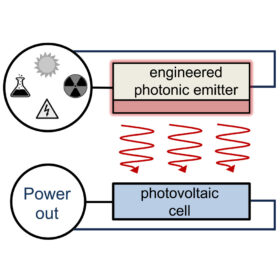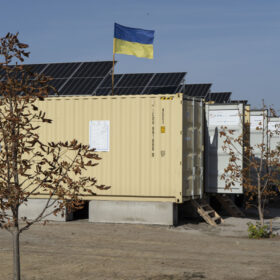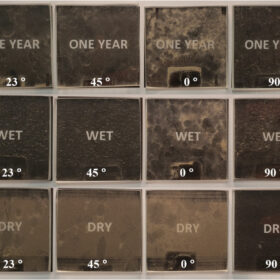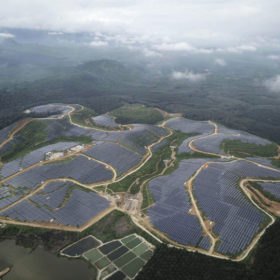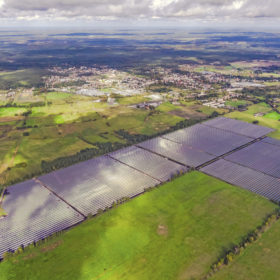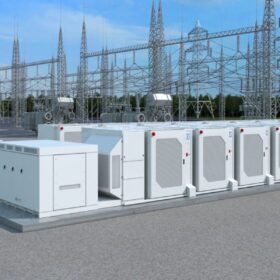New method for high-temperature thermophotovoltaic development
A US research group has developed stable emitters for high-temperature applications above 1,800 C, which could improve the efficiency of lab-scale thermophovoltaic systems. The framework showcases the potential to design application-specific metamaterials in high-temperature photonics using optimization and machine learning.
Swiss students crossing Australian outback in solar car
A group of ETH Zurich students are currently competing in the Bridgestone World Solar Challenge. They are racing a solar car, powered by monocrystalline silicon PV modules, through the Australian outback.
German company installs PV-powered desalination plant in Ukraine
Germany’s Boreal Light says it has installed a desalination plant in Mykolaiv, Ukraine. It claims that the system – which uses 560 W solar modules to produce 125 cubic meters of clean water per hour – is Europe’s largest PV-powered desalination project.
The impact of soiling on PV module transmittance
A European group has looked into the soiling impact on PV modules in Oman. They have collected 60 samples, based on season, month and tilt angles.
Israel temporarily waives 600 KWh energy storage permits due to war
The Israeli planning regulator says that some storage facilities will not need permit approvals over the next 18 months.
Swiss 3S introduces new half-cell BIPV modules
Swiss 3S, the Switzerland-based manufacturer, is offering the new half-cell BIPV module in four sizes, ranging from 24 half-cells to 48 half-cells. The rated output is up to 225 W.
Machine learning for predictive maintenance in large-scale PV plants
Scientists have developed a machine-learning model – utilizing K-Means and long short-term memory techniques – that aims to overcome ‘fault detection and classification’ in the operation and maintenance of large-scale solar PV farms.
New model to identify land eligibility, calculate LCOE for utility-scale PV
Created by scientists in Poland, the model is based on GIS and can be adapted to different market conditions. The researchers applied it to the Polish market and found that 3.61% of the country’s available land can host utility-scale PV systems.
Israeli regulator approves regulatory framework for storage
Israel’s planning administration has approved the terms for deploying up to 16 MWh of storage facilities. The government said that due to the Gaza conflict, storage has become ever more important for emergencies.
The impact of BIPV in high rise buildings
Scientists from Spain have outlined several scenarios for developing building-integrated PV solutions in a case study building in Palma de Mallorca. Their economic analysis stressed the importance of electricity pricing schemes for the viability of BIPV projects in the Mediterranean area.
